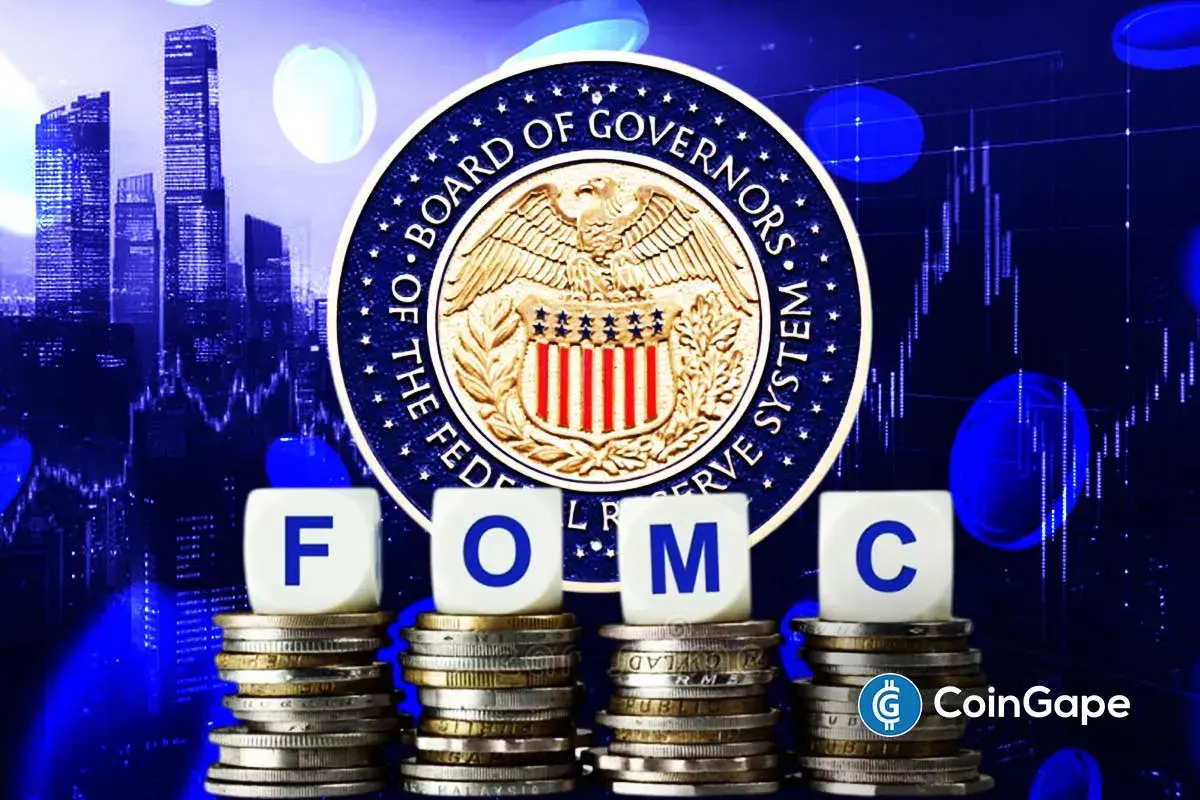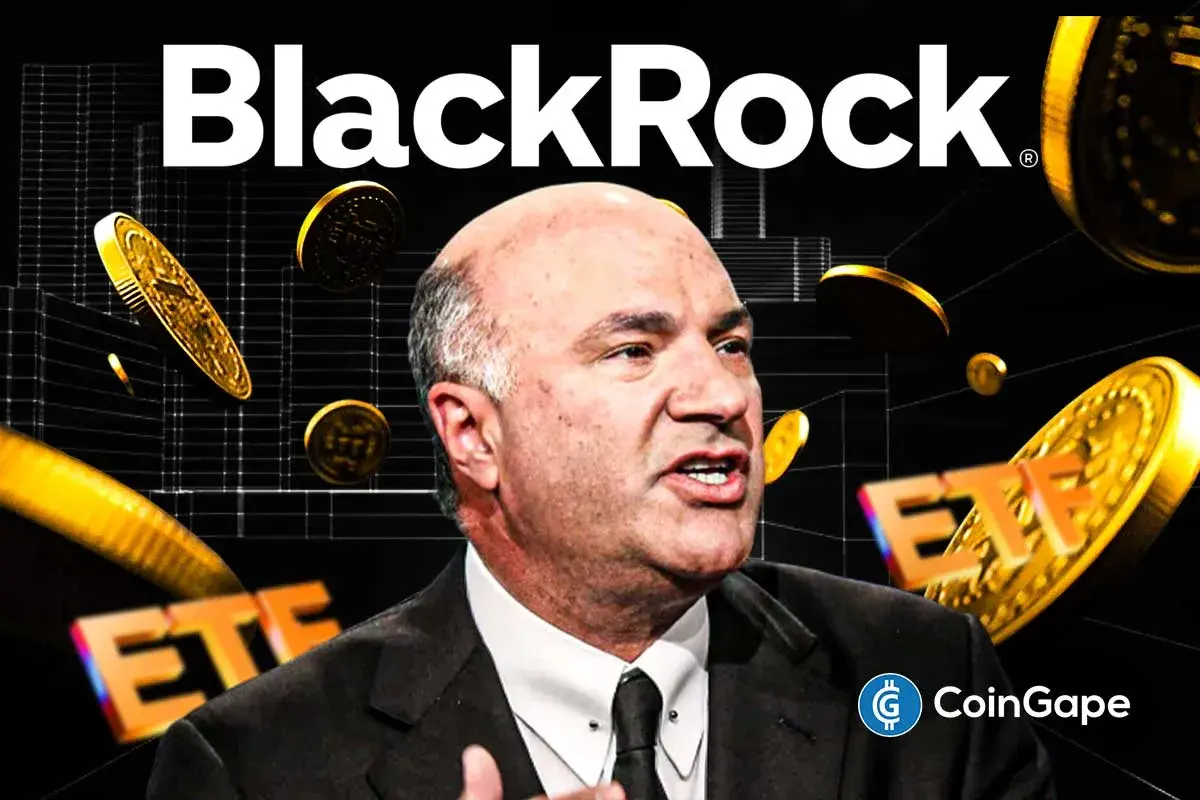SEC Commissioner Hester Peirce Slams Agency’s Approach With SAB 121

Highlights
- The SEC maintains its support for SAB 121 despite industry concerns.
- SEC Commissioner Hester Peirce continues to voice opposition to SAB 121.
- Industry experts criticize the SEC's approach to crypto custody, highlighting a potential bias.
US Securities and Exchange Commission (SEC) Commissioner Hester Peirce has voiced ongoing reservations regarding the SEC’s Staff Accounting Bulletin No. 121 (SAB 121).
Her remarks followed a speech on September 9 by SEC Chief Accountant Paul Munter, who reiterated that there has been no change in the Commission’s perspective on SAB 121.
SEC Maintains Support for SAB 121 But Hester Peirce Has Concerns
Hester Peirce was referring to Munter when he highlighted that the SEC staff continues to support the guidelines of SAB 121 amidst increasing scrutiny. He detailed that the regulation mandates entities to acknowledge liability on their balance sheets to represent their obligation to secure digital assets held on behalf of others.
Munter clarified that this method ensures that investors receive pertinent and timely data to evaluate the risks associated with the custody of cryptocurrencies for others.
He also pointed out certain exceptions; for instance, bank-holding companies that provide crypto custodial services with bankruptcy protections might not have to recognize such liabilities. Similarly, broker-dealers that manage crypto transactions without controlling the cryptographic keys could also be exempt from this requirement.
- Jane Street and Abu Dhabi Wealth Fund Mubadala Increase Holdings In BlackRock’s Bitcoin ETF
- FOMC Minutes Drop Tomorrow: Will Crypto Market Rally or Face Fed Shock?
- BlackRock Amends Filing For Staked Ethereum ETF, Eyes 18% of Staking Rewards From ETH Fund
- Arizona Advances Bitcoin, XRP Reserve Bill Using Seized Crypto Assets
- Bitcoin ETF Update: BlackRock Signals BTC Sell-Off as Kevin O’Leary Warns of Decline In Institutional Demand
- Pi Network Price Beats Bitcoin, Ethereum, XRP as Upgrades and Potential CEX Listing Fuels Demand
- 5 Things Dogecoin Price Needs to Hit $0.20 in Feb 2026
- Bitcoin Price Prediction as Experts Warns of Quantum Risks
- Dogecoin, Shiba Inu, Pepe Coin Price Predictions As BTC Crashes Below $68k
- Ethereum Price Outlook as Harvard Shifts Focus from Bitcoin to ETH ETF
- HOOD and COIN Stock Price Forecast as Expert Predicts Bitcoin Price Crash to $10k


















